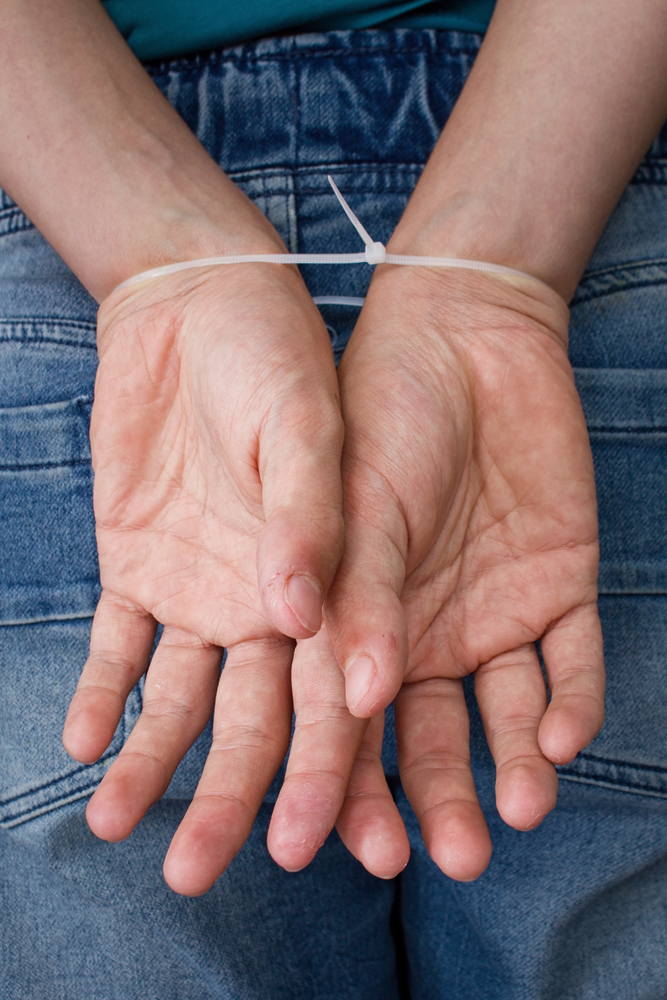What Is a Sober Living House?
Content
Transitional Housing is a more recent program type in the wider addiction treatment and recovery industry. Transitional Housing programs are often designed to complement day treatment programs like Partial Hospitalization and Intensive Outpatient counseling. It is common for residents in Transitional Housing programs to be taken on scheduled community trips, participate in life-skills development workshops and holistic recovery presentations, and more.
How do you deal with sober life?
- Stay Out of Risky Situations.
- Build a Support Network.
- Find a Peer Support Group.
- Manage Your Urges.
- Find an Activity That Means Something to You.
- Learn to Manage Stress.
- Learn to Relax.
- Manage Physical Pain.
Sober living residents commit to abstaining from substance use while in outpatient programming and often stay in touch after leaving. Although “program first” is often the best path to take, it is not a requirement in some homes. Some sober houses, including Vanderburgh House, will accept residents who are new to recovery provided they are willing to stay sober. However, sober house applicants should have already completed any detox program required to cure physical addiction so they are not acutely ill and unable to work while living in the house. Sober living homes don’t involve formal treatment options, because services like medical detox and behavioral therapy aren’t offered on-site. Instead, peer support services like the 12-step program and self-help meetings are held at each house to help encourage and maintain long-term sobriety.
Begin your recovery today
You know what you need to be happy and abstinent, as well as what to do when the hard days hit. When living sober, you will know what your “triggers” are and how to cope when they arise. You will also have a better idea of the people you want in your life, and those you sober house need to step back from. This will allow you to surround yourself with healthy relationships and avoid the toxic ones. At Footprints to Recovery, over 70% of our patients choose to stay in sober living while receiving treatment or after completing treatment with us.
It also gives them an affordable living situation to continue to learn how to co-exist with others, handle increased responsibilities and cope with relapse triggers until they’re ready to live on their own. This type of sober living is more of a steps phase that follows the continuum of care at an addiction treatment center. Clinical services are provided in-house with a strong emphasis on life skills development. Staff members are credentialed, and licensing varies from state to state. Many sober living homes offer semi-independent living environments for people recovering from alcohol or drug addiction.
So, how do sober living homes work, anyway? What even are they?
Inpatient treatment programs provide the most structure and highest level of care, whereas outpatient programs offer more flexibility. A level 2 sober home or monitored sober living home is usually a single-family home or apartment. They are often run by a house manager, a senior resident, and at least one paid staff member. Peer-run groups are typical, as well as regular house meetings and drug and alcohol screenings. Above all, sober living facilities are best for those who want to ensure they continue to live in a substance-free environment. You’ll improve your chances to avoiding relapse, gain peer support in your recovery, and be held accountable for your choices and actions.

If you or someone you love is struggling with addiction to drugs or alcohol, we can help. At our inpatient rehab in South Florida, we use evidence-based addiction-focused healthcare to find meaningful recovery from substance use disorders. To answer the question of “how do sober living homes work” doesn’t really require splitting hairs between these different types of residences, so we’ve elected to treat them as one collective type of program.
Find a Sober Living Home Near You
We should also keep in mind that the duration of a resident’s stay in a sober home directly affects the outcome of their recovery. Usually, it is recommended for a patient in recovery to stay at least 90 days in supportive housing. However, it is important to note that there is no perfect length of stay to ensure lasting sobriety.

